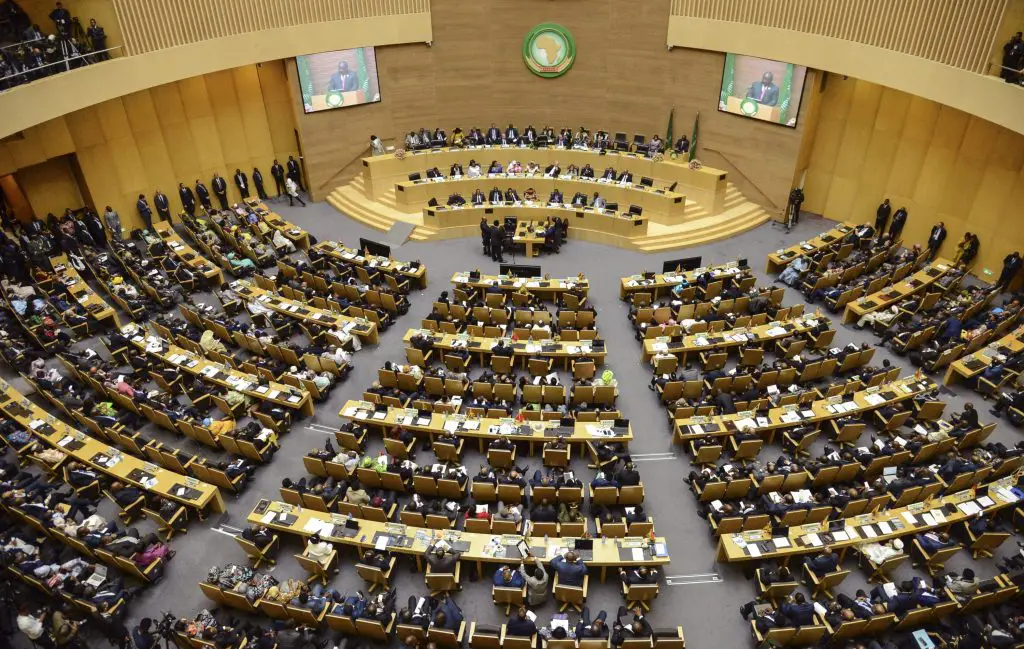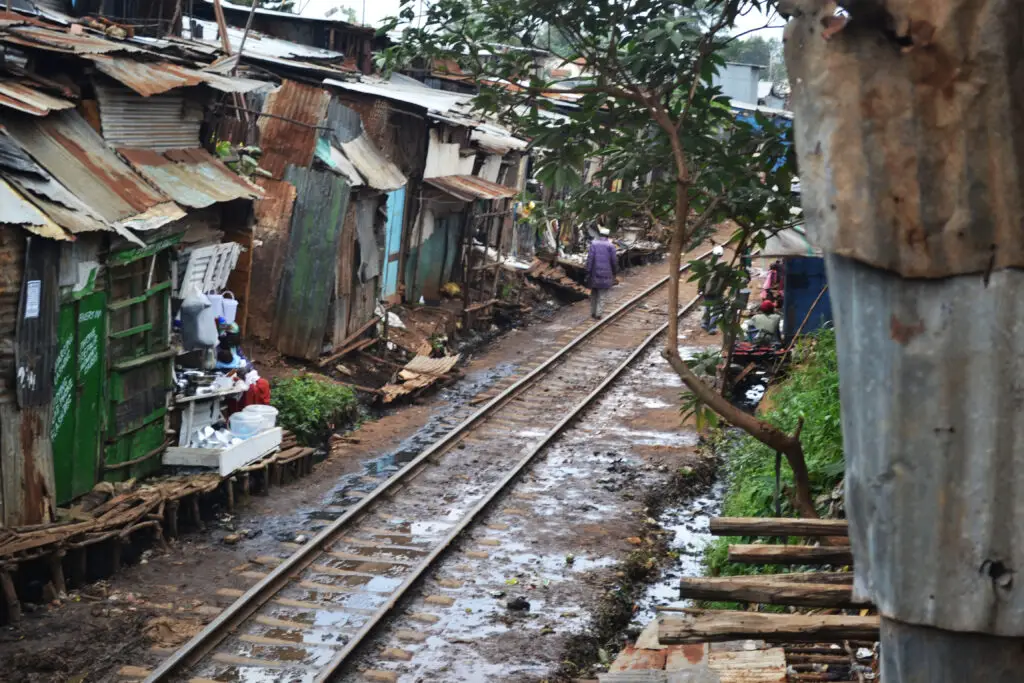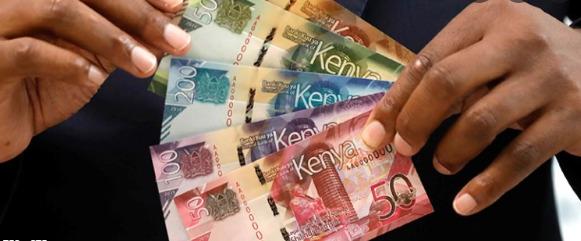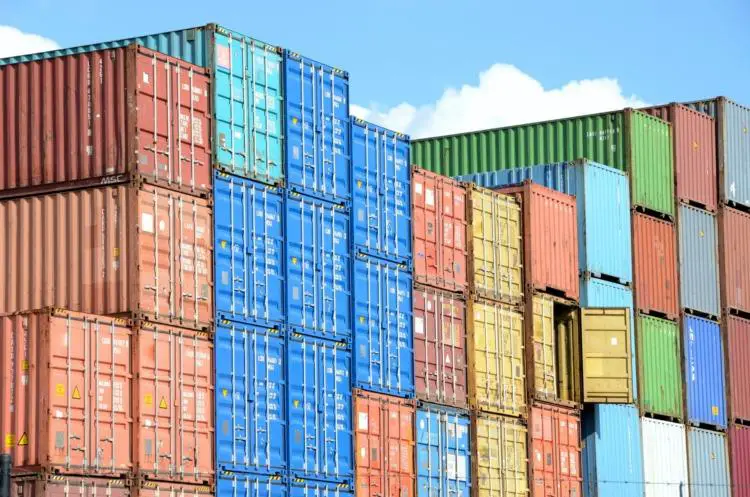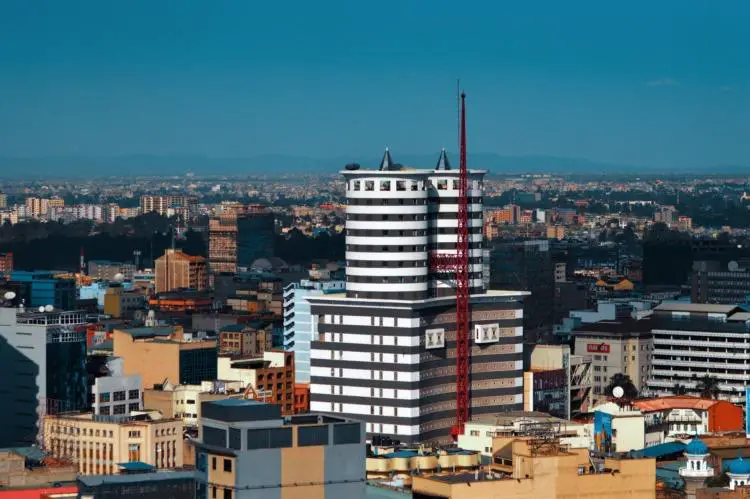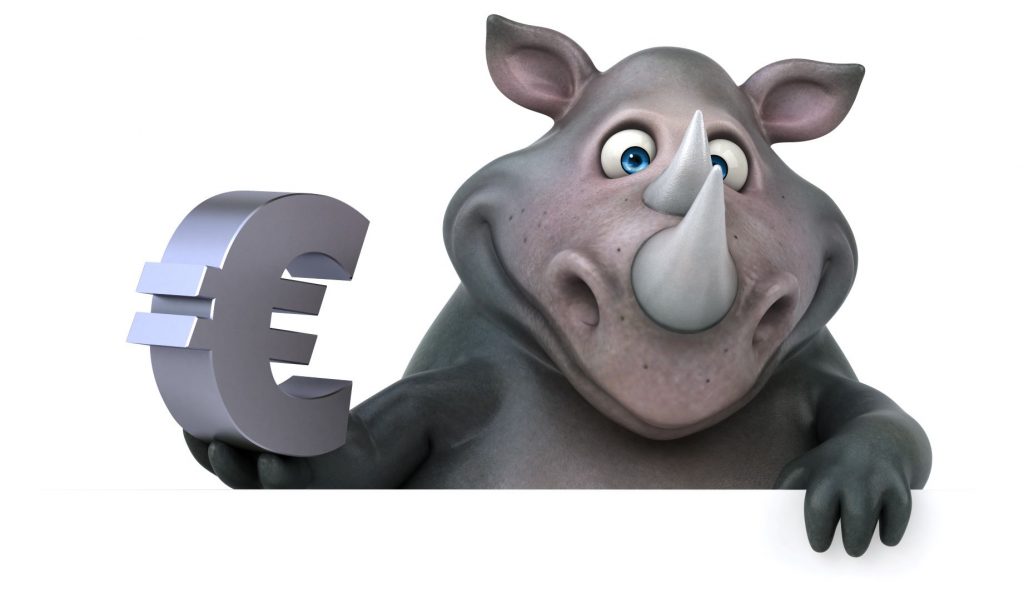- AmCham Summit kicks off, setting course for robust future of US-East Africa trade ties
- Why the UN is raising the red flag on the UK-Rwanda asylum treaty
- Portugal’s Galp Energia projects 10 billion barrels in Namibia’s new oil find
- Wärtsilä Energy offers tips on how Africa can navigate energy transition and grid reliability
- Powering Africa: Africa’s Path to Universal Electricity Access
- Global investment trends at AIM Congress 2024: a spotlight on the keynote speakers
- South Africa’s deepening investment ties in South Sudan oil industry
- Agribusiness could drive Africa’s economic prosperity
Browsing: Central Bank of Kenya (CBK)
Savings and Credit Co-operative Societies (SACCOS) have embraced the new cybersecurity course launched by the Chartered Institute for Securities and Investments (CISI) in full throttle, given the gravity of cybercrime that has plagued the vibrant sector hitherto.
The latest financial sector stability report prepared by the Central Bank of Kenya (CBK), and the Sacco Societies Regulatory Authority (SASRA), stand but a distinct testament to the deleterious effects of cyberattacks on these lucrative financial institutions entrusted with members’ hard earned savings.
The report indicates that SACCOs lost Kshs 106 million, in the 17 months to March 2021 to cyber theft. To boot, the report deduces that the losses are an equivalent of Kshs 6.23 million per month or Kshs 208,000 daily; that was siphoned largely through software vendors, engaged by the SACCOs to provide technology solutions, exploiting weaknesses well known to them but unbeknownst to SACCOs.
The CISI cyber security course …
- Uganda to resume sugar imports into Tanzania
- Kenya is yet to allow the proposed import of 90000 tonnes of Ugandan sugar
- Investigation missions pry into a source of Ugandan sugar
Tanzania will now import sugar and anti-retroviral (ARVs) drugs from Uganda after President Samia Suluhu managed to iron out over three years of trade creases between the two countries.
After the agreement, the two countries released a joint communiqué in which they published the trade agreement details. According to the executive communication, Uganda will now supply up to 10,000 tonnes of sugar to Tanzania every year.
This is a major turn of events from zero to 10000 tonnes which finally ends Tanzania’s 2019 ban on Uganda sugar. Before the 2019 ban on Uganda sugar imports into Tanzania, Uganda was exporting into Tanzania in excess of 20000 tonnes.
During the ban, Tanzanian officials had argued that the sugar that Uganda was …
A road here and a railway there can never equate to bloodshed, torture endured, families separated, a history lost, a culture destroyed, a people lost. Because of colonisation modern-day Africans no longer know who they are or what their heritage is.
They look up to the Caucasians as the embodiment of beauty, progress, of reason, none the wiser that it is their forefathers in Puntland and Ohir, in Egypt and Mesopotamia, that brought civilization to the world.
2022 Africa Day must be about recognition of Africa, re-branding Africa and re-establishing Africa’s position in the global socio-economic and political arena. On this Africa Day we must not only ask what is Africa but who is Africa. …
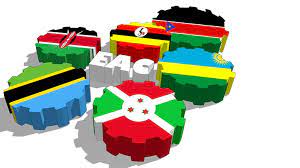 When the Head of the African Continental Free Trade Area Secretariat told an executive panel in Washington, DC the fact that: ‘Africa is importing too excessively and manufacturing too little…’ what was the expected reaction from the orchestrators of so-called ‘Africa trade support programs’ the likes of the Africa Growth and Opportunity Act (AGOA)?
When the Head of the African Continental Free Trade Area Secretariat told an executive panel in Washington, DC the fact that: ‘Africa is importing too excessively and manufacturing too little…’ what was the expected reaction from the orchestrators of so-called ‘Africa trade support programs’ the likes of the Africa Growth and Opportunity Act (AGOA)?
That maybe they will be enlightened to some new ‘fair trade’ concept that they are not aware of or maybe they will be moved to—maybe cut back on their exports to Africa?
Both sides would do well to recall what is buried in the shallow graves, engraved thus: ‘When East African countries suggested ending import of second-hand clothing to boost their own garment manufacturing industries, AGOA contracts forced them to abandon the idea and continue wearing used American apparel.’
When the high ranking African delegate, Wamkele Mene, suggested before top US economic diplomats that ‘…the continent …
The Kenya shilling depreciated by 0.7 percent against the US Dollar to close the month of July at Sh108.6, from Sh107.9 recorded at the end of June 2021, mostly attributable to increased dollar demand from general importers.
Data collected by Cytonn Investments further reveal that last week, the shilling depreciated by 0.4 percent against the US dollar to close the week at Sh108.6, from Sh108.2 recorded the previous week.
This was partly attributable to the build-up of dollar demand from energy importers as they meet their end of the month hard currency obligations.
On a year to date basis, the shilling has appreciated by 0.5 percent against the dollar, in comparison to the 7.7 percent depreciation recorded in 2020.
Despite the recent appreciation of the shilling, analysts from the investment firm expect the shilling to remain under pressure in 2021.
This will be as a result of several factors among …
Exports of goods from Kenya remained strong, growing by 11.1 percent in the first half of 2021 compared to a similar period in 2020.
This is according to fresh data by Central Bank of Kenya which indicates that receipts from exports of horticulture and manufactured goods rose by 29.4 percent and 45.2 percent, respectively, in the first half of 2021 compared to a similar period in 2020.
However, receipts from tea exports declined by 5.5 percent, partly due to the impact of accelerated purchases in 2020.
Travel and transport receipts continued to recover in 2021 with the resumption of international travel.
Remittances were robust at USD305.9 million in June 2021, and were 20.4 percent higher in the first half of 2021 compared to a similar period in 2020.
The value of Export of Goods and Services Increase By 9.8%
More findings
Separate data released earlier this month by Deloitte revealed …
Kenya’s economic indicators by sector for the first quarter of 2021 point to continued recovery from the adverse impact of the COVID-19 pandemic, as normalization of the domestic and global economy continues.
This is according to a finding by the Central Bank of Kenya which however warns that the services sector continues to bear the brunt of the pandemic, attributable to COVID-19 containment measures which disrupted travel and hospitality services during the quarter under review.
According to the Quarterly Economic Review for January – March 2021 released last week, growth of the agriculture sector is expected to remain strong, supported by increased production of key crops following favorable weather conditions experienced during the quarter.
In the horticulture sub-sector for instance, total exports of horticultural crops increased by 10.6 percent compared to the previous quarter, boosted by continued normalization of international demand.
The report adds that significant growth in exports realized …
With peace and stability returning to Somalia, the country is beginning to enjoy international banking and financial services that can link the country to global financial networks for ease of doing business, and also support the growth of local industries.
On Wednesday July 7, The American digital financial payments service Visa announced its partnership with the International Bank of Somalia (IBS Bank), which will see the introduction of Somalia’s first Visa financial card payment service. This partnership opens up Somalia to the cashless payment services for international and local transactions.
Mahat Mohamed Ahmed,the IBS Bank Chief Executive Officer Speaking at the launch of this mega event he said that the introduction of Visa in Somalia was a great Milestone and that Somalia was on track to the right path of growth and progress.
“We’ll continue to make partnerships, and bring convenient and innovative financial solutions to the people.”
The Visa …
If there is one sector that receives great attention in Africa, then it must be the small and medium enterprises (SMEs) area. Over the years, governments and multilateral agencies have identified the great role played by the SMEs in providing jobs, services and contribution to domestic economies.
A National Economic Survey report by the Central Bank of Kenya (CBK) two years ago indicated that SMEs constitute 98 percent of all businesses in Kenya, create 30 percent of jobs annually as well as contribute 3 percent of the GDP.
The situation is similar in the rest of the continent as well as worldwide. According to World Bank, SMEs represent about 90 percent of businesses and more than 50 percent of employment worldwide. Formal SMEs contribute up to 40 percent of national income (GDP) in emerging economies. These numbers are significantly higher when informal SMEs are included.
SMEs are less likely …
Tanzania has joined the rest of the continent in lowering borrowing rates for commercial banks in a bid to maintain their liquidity.
Tanzania’s Central Bank the Bank of Tanzania, (BoT) has cut down interest on borrowing from 7 percent to 5 percent, a move that has been welcomed by the business community.
It has also chopped rates on government securities by half, starting with treasury bills which it brought down to 5 percent from 10 percent and treasury bonds to from 40 percent to 20 percent.
These latest series of monetary measure is backed with the lowering of the required minimum cash reserve that commercial banks are otherwise required to maintain at the Central Bank.
The goal is to stimulate the economy by giving commercial banks the leeway to lower their lending rates which in turn should see business access the operating capital they need. The BoT did not stop …







